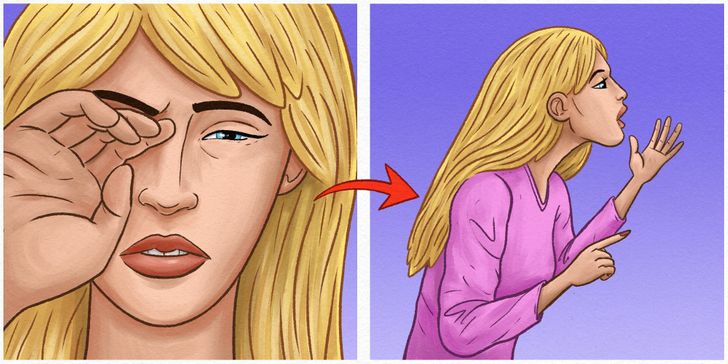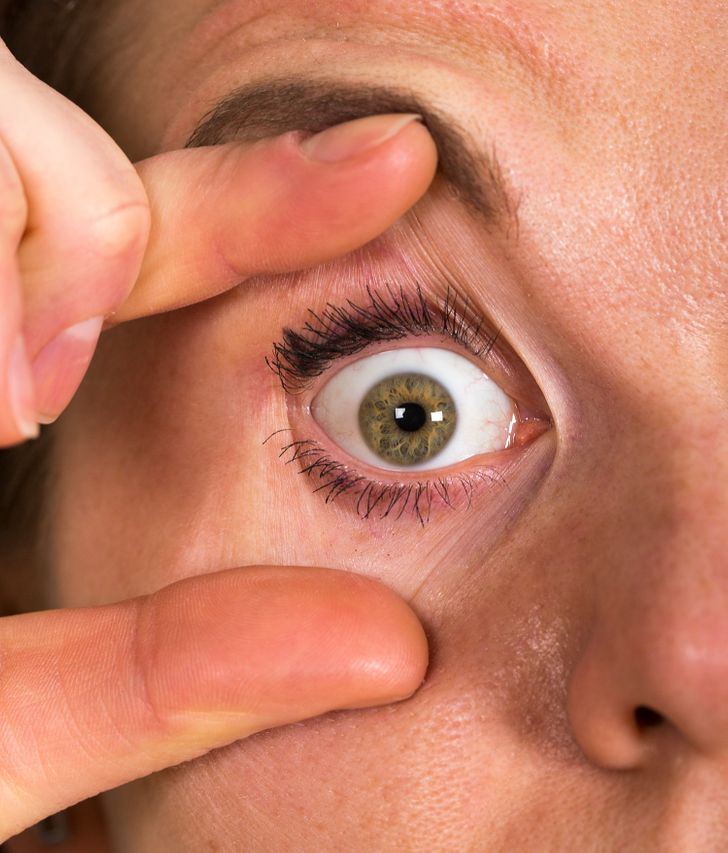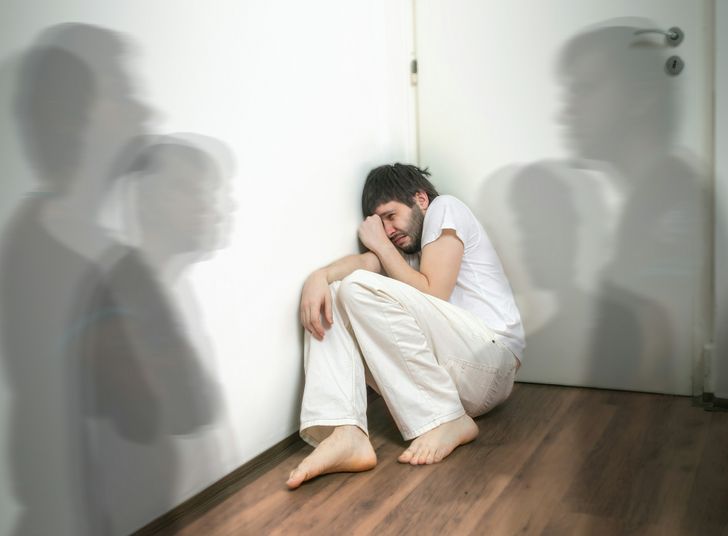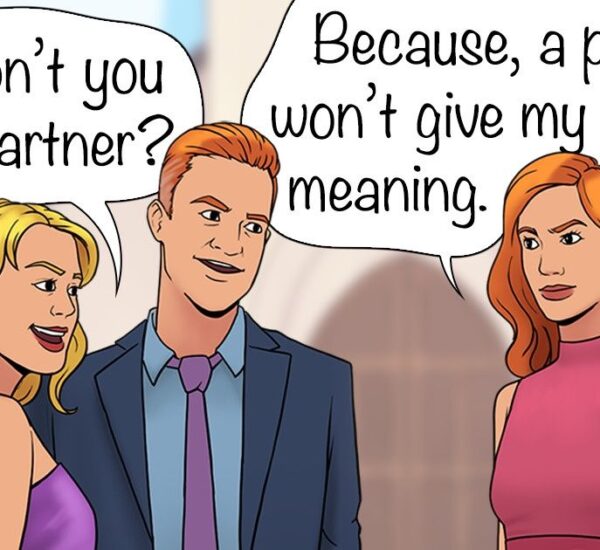Does having hallucinations or delusions that make you feel like part of a real-life horror movie sound like fun? This is something that can really happen to you with a lack of sleep. The following article will take you step-by-step through the stages of maximum sleep deprivation to find out what awaits you on the other side.
Imagine for a minute how much more we could do if we reduced sleep. With all that extra time, we can become superhuman. Have you ever wondered if there is a possibility of training our brain to sleep less or maybe not?
Wee collected some data on the effects of extreme sleep deprivation, in case you want to give it a try.
6 Hours Later, After A Sleepless Night

As you are forced to deal with stress after a sleepless night, your body begins to produce excess amounts of the hormone cortisol. Excess cortisol makes us more irritable and anxious, leading to tension and confusion.
12 Hours Later

Your brain begins to shut down nonessential mental functions, such as reaction time and decision-making. You feel exhausted, but you can still do daily tasks well.
24 Hours Later

The paradox begins with the fact that instead of feeling tired, you have a sudden burst of energy and may feel even more productive than normal. All your senses are heightened and the world and the people around you look nice.
This is because your brain is trying to compensate for the lack of sleep by increasing dopamine levels. The good news is this because if you go without sleep past that point, you will begin to face much fewer emotional consequences.
36 Hours Later

Your memory begins to weaken and your reaction time slows as your brain continues to save energy to function. If you manage to get through another night without sleep, things start to go very bad from here.
Your body begins to shut down certain physical functions, such as the immune system by reducing metabolism, leading to even greater fatigue.
48 Hours Later

Things get scary at this point and you can start freaking out. The lack of vital chemicals and nutrients triggers reactions in your overstimulated brain, causing delusions.
You can see and hear things that are not real, such as whispers, strange sounds, and visions. You may also start to lose track of time and forget basic things like your name or how to eat.
3-11 Days Later

Hardly anyone in their right mind has managed to cross the line to stay awake for the past 11 days. The only official record belongs to Randy Gardner, a 17-year-old student from San Diego who conducted an experiment for a science project in 1964. He was able to stay awake for 264 hours straight, which is equivalent to 11 days.
Does this mean that our brains still have the potential to overcome this 11-day tipping point without serious damage? Perhaps, but at what cost? Next time, think twice before spending the whole night and choose to sleep, don’t turn into a zombie!
Were you able to stay awake for a long period of time? How did you do it? Share your experiences in the comments below.


